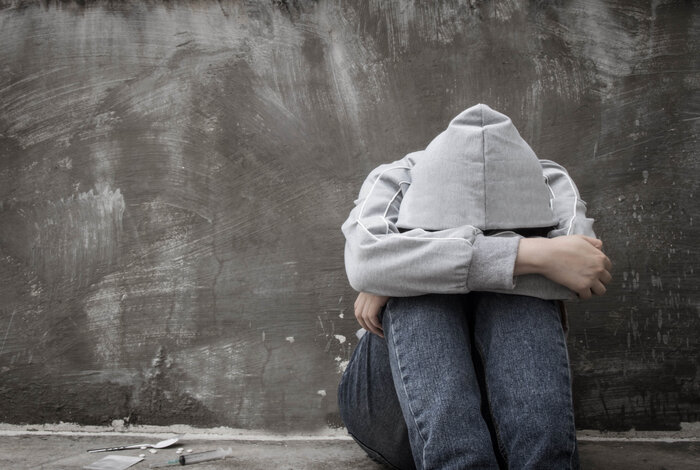The Goal of Substance Abuse Treatment
The goal of substance abuse treatment is always sobriety. Staying away from drugs and alcohol, avoiding people who are associated with drugs and alcohol, and learning to control your unhealthy triggers and thoughts is the epitome of a successful recovery. However, sobriety is challenging for many different reasons.
Change is uncomfortable
Addiction is always a “known” routine that keeps you in the same place, in the same state of mind, and with the same feelings. Addiction is predictable and often comfortable. Sobriety and recovery are all about change, unknown experiences, and new expectations. You may have to make new friends because your old friends were unhealthy. You may have to start a new job, find a new place to live and build up your life again. Starting over can be scary, but it also is a fresh start with new opportunities. When individuals start their journey of sobriety, they are experiencing life through a different lens. It is common to re-evaluate life and the individual journey associated with sobriety. This change can be scary and uncomfortable, and these feelings can potentially lead to relapse if one is not careful. Understand that sobriety is uncomfortable in the beginning. Accept that, and work with it instead of trying to push that discomfort away. It will serve in building up your worth again. It will only help in making you stronger.
Sobriety is full of high expectations
There is a lot of pressure in recovery to maintain sobriety, to not relapse, and to be successful. Sometimes these high expectations can push you over the edge and make you feel as though you have to be “perfect”. Striving for these high expectations can even push some individuals into relapse. Setting expectations is important in recovery; however, it is equally important to take each day as it comes to allow yourself forgiveness when you make mistakes and accept that your sobriety will not be flawless. If you relapse, tell someone. Addiction, as you know, thrives off of shame so that it can stay clutched to you. If you take a drink, it is not the end of your recovery world. It is merely a misstep. Figure out why you did it, and know that you don’t have to make that choice again.
Boredom
Entering sobriety means that you are no longer hanging around your old drinking buddies, engaging in long nights of partying, or using drugs to escape. As a result, many individuals can be become bored in the first few weeks or months of their recovery. This boredom can drive an individual to relapse or seek out old unhealthy habits. If you feel like you want to drink or use drugs out of boredom, restlessness, or loneliness, call your support group. Make new friends, pick up new hobbies, find meaningful employment, exercise, return to school, engage in the community, and find positive, impactful activities to occupy your time.
Celebrations
Whether it is the holiday season, a birthday dinner, a Super Bowl party, or an after-work happy hour, social gatherings and celebrations can be enormous challenges for anyone trying to maintain their sobriety. Being in the presence of alcohol or being around individuals who are intoxicated can be triggering and can potentially lead to urges and unhealthy thoughts that could result in relapse. This may require avoiding social interactions that involve alcohol or avoiding social interactions where others are intoxicated.
Have an escape plan for these situations. Duck out, without apology, as and when you need it. Create non-drink habits like reading, writing, or meditating to nourish your soul when you may otherwise feel alone. Socialize in coffee shops or the outdoors. Explain to your friends and family why you cannot attend holiday events where alcohol is present. By standing your ground and setting boundaries, you are empowering yourself through your sobriety journey.




